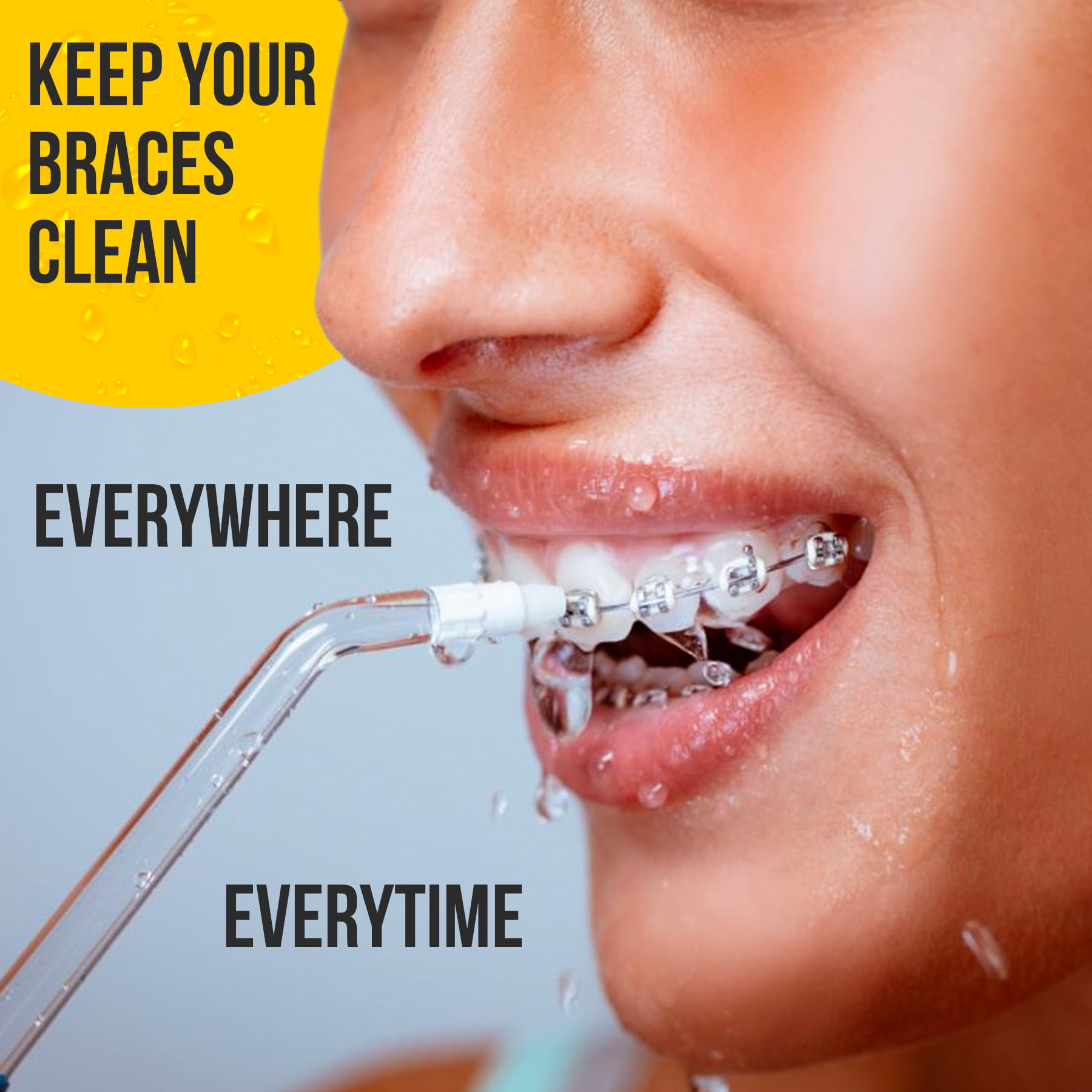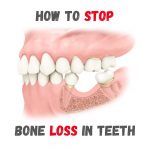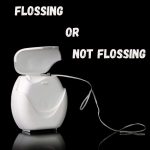Interdental cleaning helps prevent cavities and gingivitis by removing food particles, plaque, and bacteria between your teeth. But how exactly do interdental brushes work? Unlike regular toothbrushes, which can’t clean between teeth, interdental brushes have small bristle tips that fit into the spaces between teeth for deeper cleaning. Interdental brushes also come in different sizes – narrow-angled brushes are best for tackling spaces and gaps smaller than a typical toothbrush head can reach. They’re also perfect for people with bridges or braces that don’t leave enough room to use an average toothbrush comfortably.
Today we will explore three reasons you should switch to interdental brushes if you haven’t already.
You can avoid cavities and gingivitis.
Dental hygiene has many benefits, but prevention is one of the most essential. Maintaining healthy oral hygiene practices reduces your risk of developing dental issues like cavities, gingivitis, and even gum disease. Interdental brushes are one of the most effective tools for preventing cavities by dislodging plaque and food particles that build up and lead to tooth decay.
Interdental brushes can also help you avoid gingivitis, an inflammation of the gums that usually leads to more serious infections like periodontitis. Interdental cleaning is essential for anyone with dental work or gum problems or who just wants to prevent cavities and gingivitis. Regular brushing can often miss areas where plaque can build up, such as between the teeth or in the gum line.
You’ll have brighter, whiter teeth.
Aside from eliminating bacteria and plaque, interdental cleaning also has the added benefit of whitening your teeth. Just like you can use a toothbrush to remove stains and build-up, interdental brushes can help whiten your teeth naturally by removing stains and buildup. Interdental brushes can increase your teeth’s whiteness by removing naturally occurring mineral deposits on your teeth called “tartar”.
This build-up can discolour your teeth over time, making them look stained, dull, or yellowed. Tartar buildup is especially common among people who don’t use dental hygiene products. If you don’t brush your teeth regularly, tartar can build up on your teeth and create a yellowish film called “pellicle”. This substance is made up of bacteria, toxins, and minerals that are trapped in the plaque on your teeth. Brushing interdentally can help you remove this buildup, so you naturally start to see your teeth become brighter and whiter.
You’ll feel fresher and cleaner.
If you’ve ever had bad breath, you know just how embarrassing and uncomfortable it can be. When plaque and tartar build-up, it causes bad breath. The same goes for gingivitis — it can lead to bleeding gums, which can cause bad breath. Interdental brushing is a natural way to combat both of these issues. Interdental brushing can help reduce your risk of gingivitis, which can lead to bad breath. And if you already have bad breath, interdental brushing can help freshen your breath.
Some people even use interdental brushes as a natural alternative to mouthwash. Interdental brushes can also help you achieve a clean and fresh feeling in your mouth. Brushing interdentally can help you remove leftover food particles between your teeth, which can lead to cavities, bad breath, and plaque or tartar buildup.
It’s an easy way to be more diligent about dental hygiene.
If you’re not an avid toothbrush user, interdental brushes may be a better option for you. While regular tooth brushing is the gold standard for dental hygiene, it’s not for everyone. People with certain dental conditions, like multiple teeth extractions, an inability to fully extend their arms due to joint issues, or those who wear braces may find it difficult or even harmful to use a regular toothbrush.
Interdental brushes are a great way to clean your teeth when a regular toothbrush is ineffective because they can reach and remove plaque and food particles from the small spaces in your mouth. Using interdental brushes is also beneficial for people with sensitive teeth, who may be able to use the brushes without experiencing the pain associated with a traditional toothbrush.





